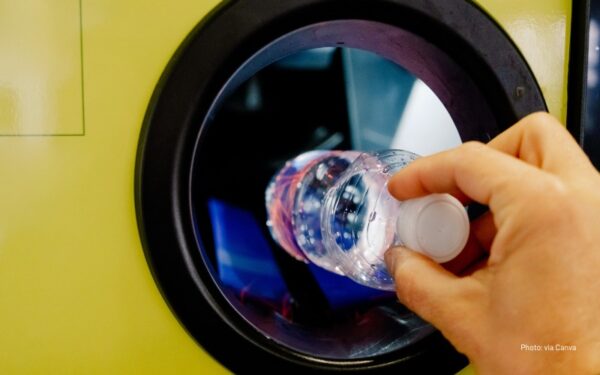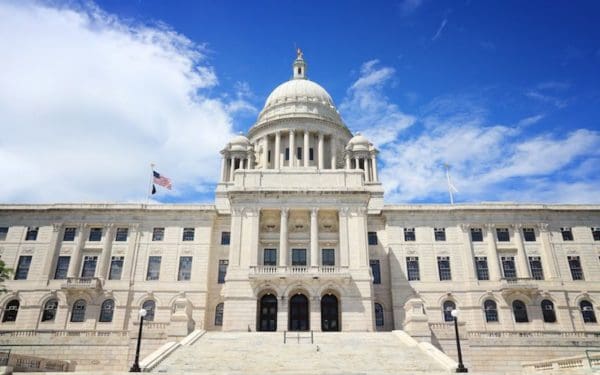A statewide ban would cut down on the billions of plastic bags that litter our parks, our streets, or our rivers and our oceans. Photo: eflon (via Flickr)
We have an opportunity to end the era of single-use plastic bags in Massachusetts.
Right now, the state legislature is considering a bill that would ban plastic bags across the Commonwealth. More than 80 cities and towns in the state have already ousted this plastic pollution from their communities – now our legislature can standardize this practice by enacting a ban statewide.
Plastic Bags Are Terrible for Our Environment and Our Economy
Every year, Americans throw away more than 100 billion single-use plastic bags. While plastic bags are recyclable in theory, they are not in practice. Recycling rates for plastic bags average around 7 percent. In fact, plastic bags contaminate curbside recycling.
Because most recycling is single stream, where all recyclable items are collected together, plastic bags are processed along with sturdier items like glass jars, metal cans, and paper goods. Plastic bags get tangled in the machinery, often causing it to break down.
The remaining majority of the bags that don’t make it into the recycling bin contribute to dangerous landfill and incinerator emissions, or end up as litter in our parks, on our streets, or in our rivers and oceans.
Here are just a few of the ways plastic bags hurt our wallets and our environment:
- Plastic bags inevitably end up in landfills, where they are either buried or burned in incinerators. Cities, towns, and businesses pay about $80 a ton for them to go there.
- Plastic bags harm our oceans and the creatures living in them. Fish and other marine animals will eat plastic bags thinking they’re food. A recent study found that a quarter of all fish sold in supermarkets contains some plastic debris. On the smaller scale, as plastic breaks down into tiny particles, it displaces plankton, the main food sources for large marinemammals like whales.
- Plastic bags aren’t free. Retailers pay for the bags, and they pass that cost on to consumers. The plastic bag industry collects $4 billion per year in profits from U.S.-retailers.
Plastic Bag Bans are Already Successful in Massachusetts Cities and Towns
There’s no reason why single-use plastic bags need to be a part of our daily lives, especially because there are other reusable alternatives. And more than 80 cities and towns in Massachusetts – more than a third of the state’s population – have banned plastic bags already.
When Cambridge instituted its city-wide plastic bag ban in 2016, it became the largest city in Massachusetts to do so. To make the transition smoother for everyone, the city distributed 8,000 reusable bags to low-income and senior residents.
Within five months of the ban taking effect, more than 1,000 businesses had eliminated the single-use plastic bags and their use overall decreased by 50–80 percent.
When Boston’s plastic bag ban goes into effect this fall ,the City will be able to look across the river for guidance.
Banning Plastic Bags Statewide is the Right Move
The statewide plastic bag ban bill, H.4234, is similar to bans already working across the Commonwealth. It would prohibit stores from providing single use plastic bags. Customers would receive paper bags, or bring their own reusable bags instead.
Plastic bags are created from nonrenewable resources and take hundreds of years to decompose. They litter our streets and parks, forcing local governments to spend money cleaning them up. They end up in our soil, rivers, and oceans, and eaten by animals.
The proposed statewide plastic ban would be a step forward for Massachusetts. It would provide consistent standards across the state for one of the most common single-use plastics.
Call your representative (find contact information here) today and ask them to call for a vote in the House to ban plastic bags across Massachusetts.



